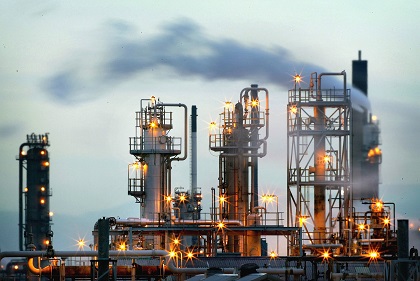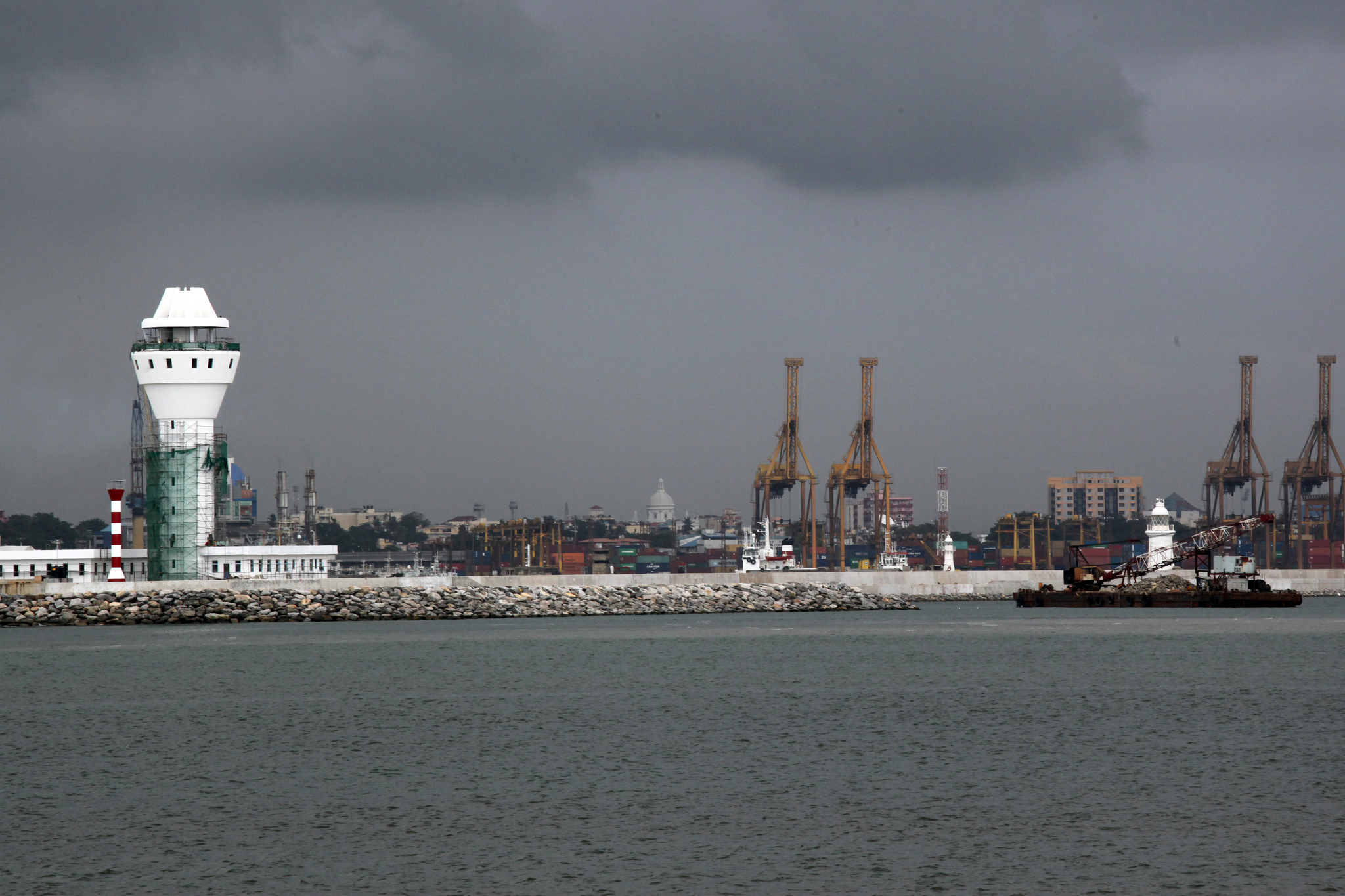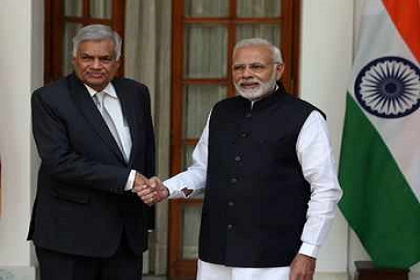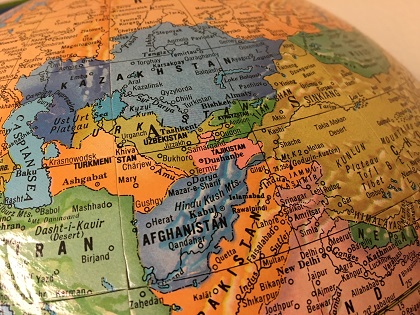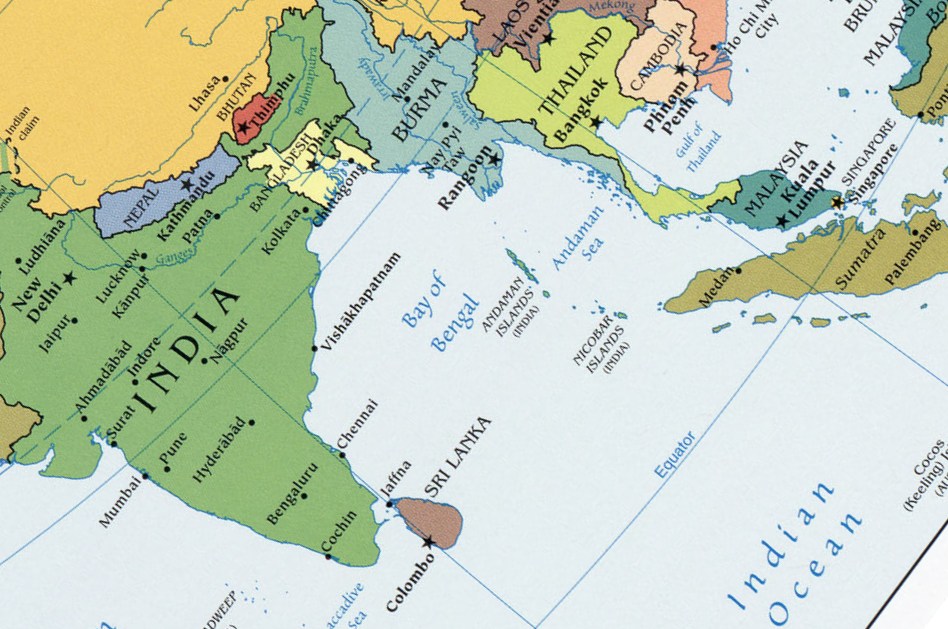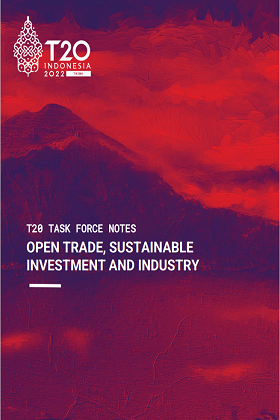India’s oil strategy in the Trump era
The advent of the pro-oil Donald Trump in the U.S. and the strong pushback by developing countries to the unsatisfactory COP29 proposals, has opened opportunities for India in the energy sector. Instead of investing in overseas oil facilities, India will be better served as a financial investor in listed companies in large economies. This approach will help forge closer ties with strategic partners.


